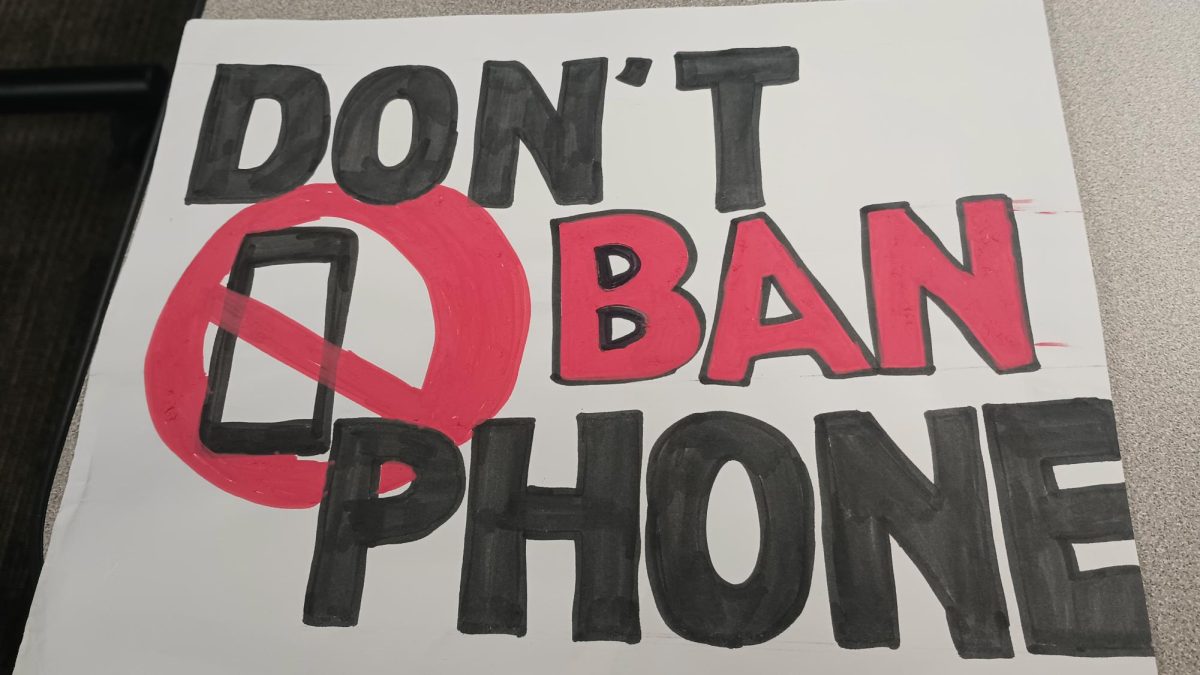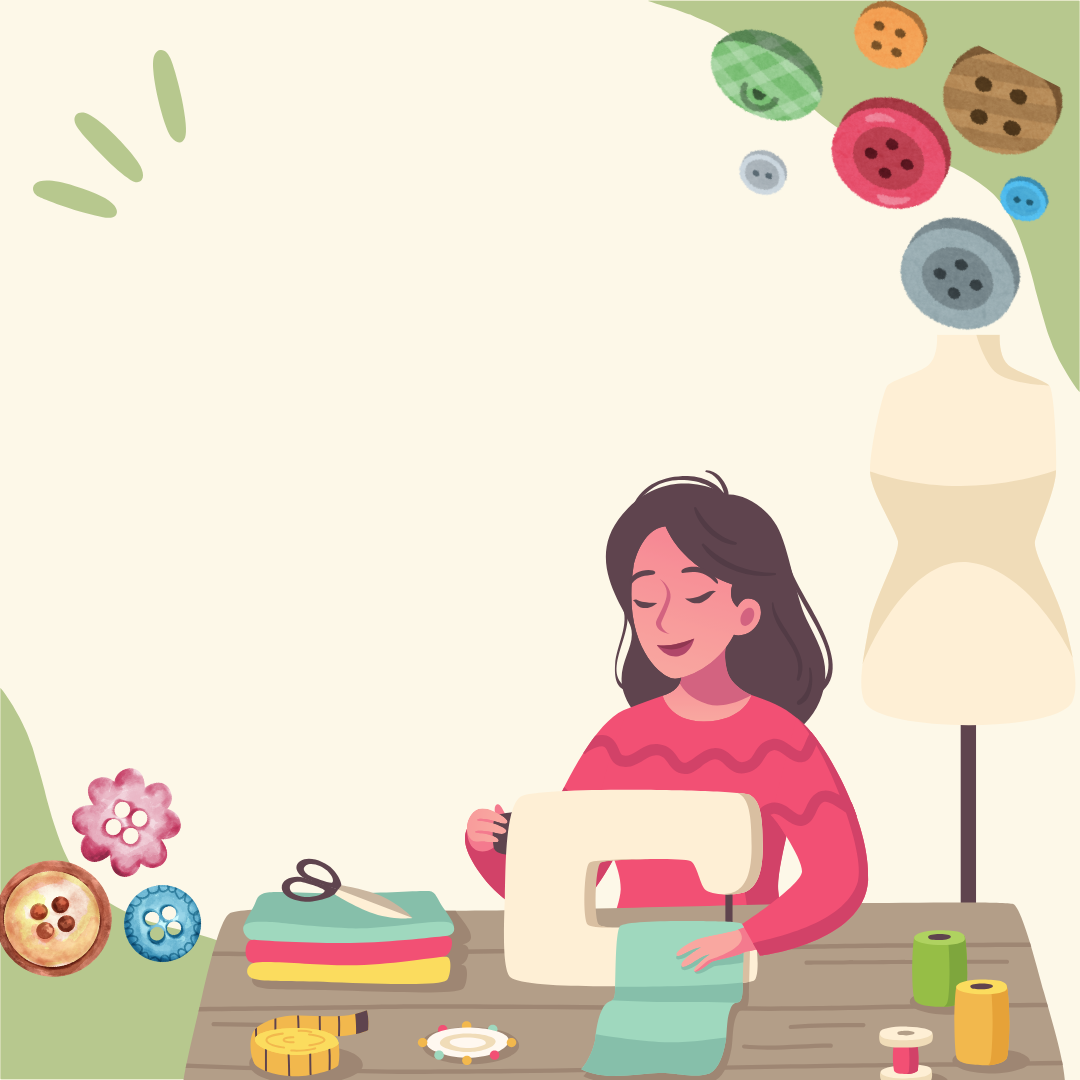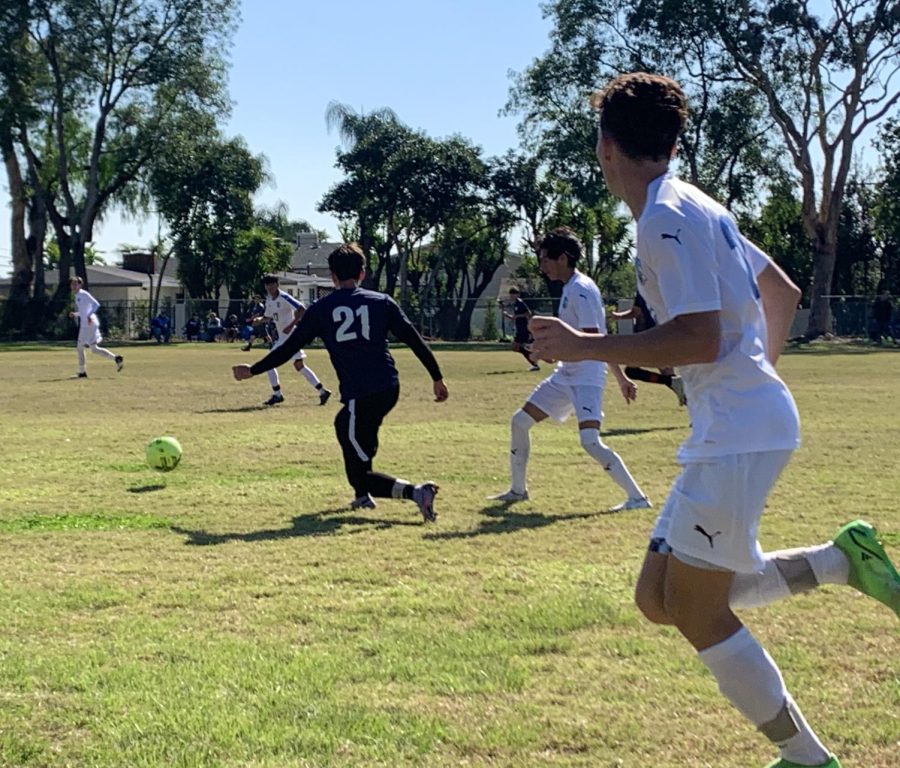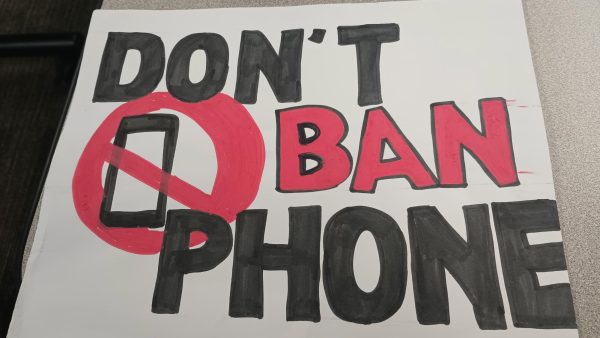The effects of society on men’s mental health
In sports, many boys are yelled at to do certain things “like a man” and to not do something “like a girl.” This is something that has been normalized and it is harmful to their mental health.
On September 24, 2022, in Riverside, California, heat waves were coming from the turf. At the park, boys were playing soccer, and the crowd was yelling, cheering, and coaching the kids. The defense on the red team attempted to kick the ball out of the 18-yard box. He did not kick it far enough, and it got to the blue team’s forward. The father of the defense from the red team yelled at his son, “Pegale a la pelota como hombre.” (Hit the ball like a man.)
This is one of many normalized examples of toxic masculinity in our society. Young boys often hear that they need to do things like a “man.” The definition of a man differs according to the person that you ask. However, when people tell young boys this, they typically mean someone who does not show emotion, whose body type fits the standard, and who acts manly. The emotions that they show are very limited and basic. The complexity of emotions is stripped away from them, and they do not have an emotional range which sometimes ends in bottling up those complex emotions because there is a lack of emotional expression.
In the article Recognition and Treatment of Muscle Dysmorphia and Related Body Image Disorders, there was a study that was done with adolescent boys where they had three body types to choose from. They were asked three questions, two of them were asked about their ideal body and “the” ideal body type for men. For both of these questions, the results were bodies with more muscles. This is harmful because body issues sometimes derive from bad mental health or create poor mental health.
An anonymous sophomore said, “I feel like I need to be muscular or a certain type to fit in…you also hear it all the time in school when teachers ask for big strong men for help. It makes me not want to raise my hand because people might make quick comments and be judgmental and say ‘Oh, why did he raise his hand? He doesn’t even look strong.'”
Lastly, the way that men are expected to act is to avoid anything that makes them seem feminine. It is something that is taught by older men and enforced by their peers because their male elders start to tell them to, “act like men” and their peers tell them, “you are such a girl.” The tone in which these comments are delivered is a way to mock and ridicule the receiver. This makes males think that being a girl or feminine is something that is shameful and they try to avoid things that might make them seem this way. These are many of the factors that society implements in young men that might affect their mental health which ultimately impacts the rate of suicide among young men.
In many cultures, fathers teach their sons that they are supposed to be tough and that men should not cry. The standards society has created for men on how they should be has impacted their mental health. Boys are taught at very young ages to bottle up their emotions, and perhaps this is a crucial factor and perhaps this contributes to their poor mental health, which is a crucial factor in the high suicide rates among young men. We also see that this affects their self-expression.
High School counselors Arlene Quinonez and Janet Montes mention that they see fewer male students verbally agreeing to their presentations related to mental health than compared to female students.
“When we do counselor presentations, [male presenting students] are less likely to contribute. They tend to be quiet, sometimes they will agree, but they will do some nonverbal gestures so that nobody else understands. I think that this goes back to bottling up feelings, the fact that they can’t even say the word ‘yes’ to agree to something that has to do with [emotions],” said Montes.
Bottling up emotions is not okay, and this unhealthy coping mechanism may lead to further issues among men. For example, in the CDC death rates among men in 2020 report, in men from ages 10 to 14, suicide is the second leading cause of death. This is troublesome because young boys are dying from something that could be potentially prevented if they felt comfortable reaching out to resources like their school counselor. Possible reasons that boys do not reach out to resources like their school counselors include reasons like fear of invalidation and fear of confidentiality being broken and reaching out to their parents. Without this support, they feel discouraged that reaching out for help might backfire on them.
An anonymous sophomore said, “… I am going to talk to my counselor about how I’ve been feeling and what I should do, but then I start overthinking all the different bad possibilities that could happen if I talked to her. I always say [to myself] ‘No, you can’t talk to her about your feelings. She will think that you are weird and direct you to your parents, or you might accidentally cry and then your face will show it, and everyone will know.’”
In 2020-2021, our school participated in the CA Healthy Kids Survey. One of the questions was about experiencing suicidal ideation. Over 50 percent of the survey takers selected that they had experienced suicidal ideation that year. This year was peak COVID-19 and quarantine. The isolation was hard for many and made it hard to reach out to other people because there were limited ways to interact with one another.
Many young men do not use the resources that are available to them. Quinonez and Montes both also mentioned how they see male students are more likely to speak with them if their friends refer them. The interesting thing is that those friends tend to be female friends referring to them. They both mentioned seeing fewer amounts of male-to-male counselor referrals. Quinonez mentioned that when she sees male students in her office, it is typically from a friend group because one of them went and they told their friends who worked up the courage to go as well.
As previously mentioned, men like to use a lot of insults like “You are such a girl,” “You do (blank) like a girl,” and “You are not a man” to insult each other because they think that certain behavior deems what a man is. They believe that if their peers do not exhibit this behavior they are not doing what a man would. Therefore, this makes them not a man or less of a man. This kind of thinking is so harmful not just to the person who has it but to the people who surround them because they are constantly putting down other men and making them feel like they need to do certain things to be a man. This viewpoint comes from a place of deeply rooted misogyny because men have always been taught that they are not feminine because women are seen as weak and men are supposed to be strong. These insults are delivered in a way that is meant to ridicule and humiliate the person receiving them and embarrass them for this behavior. This makes the receiver feel like it is wrong to do anything of that sort then these interactions potentially make the one making these comments.
Dr. Valerie Foster-Young, licensed family and marriage therapist said, “To my knowledge, the words are not as important as the behavior is.”

My favorite movie is 10 Things I Hate About You, and I love watching rom-coms!! I love listening to almost any kind of music, and I enjoy reading!! :>





































